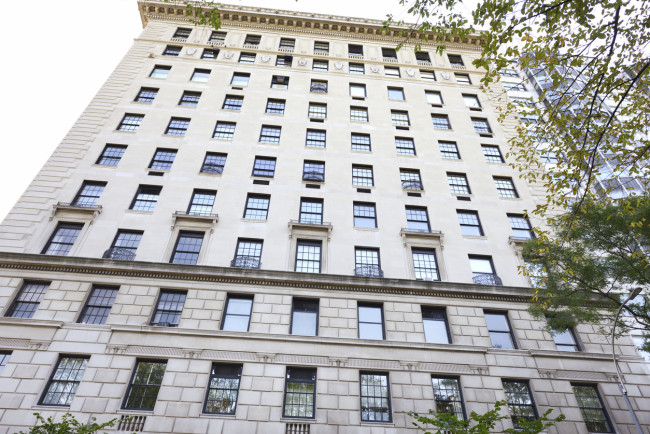Is our co-op building eligible for money from the Paycheck Protection Program?

Board members in eligible buildings are encouraged to move promptly in order to apply for the funds.
iStock
Is our co-op building eligible for money from the Paycheck Protection Program? Should we apply?
“The Consolidated Appropriations Act of 2021 which passed on December 21st, 2020 amended the Small Business Act so that residential cooperatives with not more than 300 employees, which were originally excluded from the Paycheck Protection Program (PPP), can now apply for loans to cover eligible expenses during the pandemic,” says Steve Wagner, partner at the Manhattan law firm Wagner, Berkow & Brandt, who represents co-ops and condos and is a board member at his own 420-unit co-op building.
Even though the details are yet to be finalized by the Small Business Administration, Wagner advises boards to move promptly in order to apply for the funds.
Loans given out through PPP are forgivable if 60 percent of the money is used for payroll and 40 percent is used for non-payroll expenses like rent, mortgage interest payments, or other related expenses—for example, utility payments, internet service and telephones.
The program closed last year but the $900 billion coronavirus relief measure reopens it. Eligible expenses have also been expanded to include personal protective equipment, supplier costs, as well as business operations software and human resources needs.
Many co-op and condo buildings have faced declining revenues and increased costs during the pandemic, Wagner says, specifically those that have lost revenue because shareholders or commercial tenants aren’t paying or because expenses have gone up because new equipment has been installed or there are costly safety precautions in place.
“Not only are there finite funds available but there’s a March 31st deadline in place so it’s important to act quickly, even before the regulations are put out,” Wagner says.
“If you get the money and are not entitled to the forgiveness because you don’t qualify, you will have to pay back the loan with the interest but the interest rates are going to be very low, no more than 4 percent,” says Wagner.
Check your building’s governing documents and mortgage.
Your first priority is to make sure your building’s governing documents—specifically the bylaws of the co-op—allow you to take the loan.
“You should have counsel to look at that. And make sure any existing lending, like a mortgage on the property, doesn’t restrict this type of borrowing,” Wagner says.
“Typically an underlying mortgage in a co-op does restrict subordinate financing without permission but this is a loan, not a mortgage, so there’s no lien or other security interest granted in the property and there’s also the likelihood it will be forgiven,” Wagner says.
Application requirements
The main requirement—beyond hardship—is that the business has no more than 300 employees, which puts NYC co-op and condo buildings within this threshold.
However, it is not yet clear whether condos are included in the statute. “Co-ops are specifically mentioned but condos are not,” Wagner says. “So it seems that condos still will not be eligible for PPP loans.” Further clarification will come from the SBA.
Some buildings do not employ their workers directly but hire them through other companies. “The rules developed by the Small Business Administration allow ‘leased employees’ so they should be included in calculations for your loan and forgiveness of the loan.” Wagner says.
You also need to know if the company that pays your workers is applying for a PPP loan. If some or all of the workers are not considered employed by the co-op, the amount of the loan will either be denied for those employees’ salaries or the forgiveness will not be given and the loan will have to be paid back. “Your co-op should probably apply for the loan and let your bank, the SBA, and your accountant work out what will be included and forgiven,” Wagner says.
The PPP form requires you to state that economic uncertainty makes the loan request necessary to support ongoing operations.
Your chances of approval
It’s highly likely lenders will approve these loans not only because of the unusual circumstances but because they are 100 percent federally guaranteed to applicants who maintain payroll during this time, Wagner says.
“The legislation’s intention is obviously to get money into the hands of small businesses and to keep employees in place to ensure there will still be businesses and jobs for people as the pandemic subsides. It makes little sense, during this emergency, for the government to find ways to exclude businesses if the applications are made in good faith and the money is spent on the correct items,” Wagner says.
New York City real estate attorney Steven Wagner is a founding partner of Wagner, Berkow, & Brandt, with more than 30 years of experience representing co-ops, condos, as well as individual owners and shareholders. To submit a question for this column, click here. To arrange a free 15-minute telephone consultation, send Steve an email or call 646-780-7272.
You Might Also Like


























